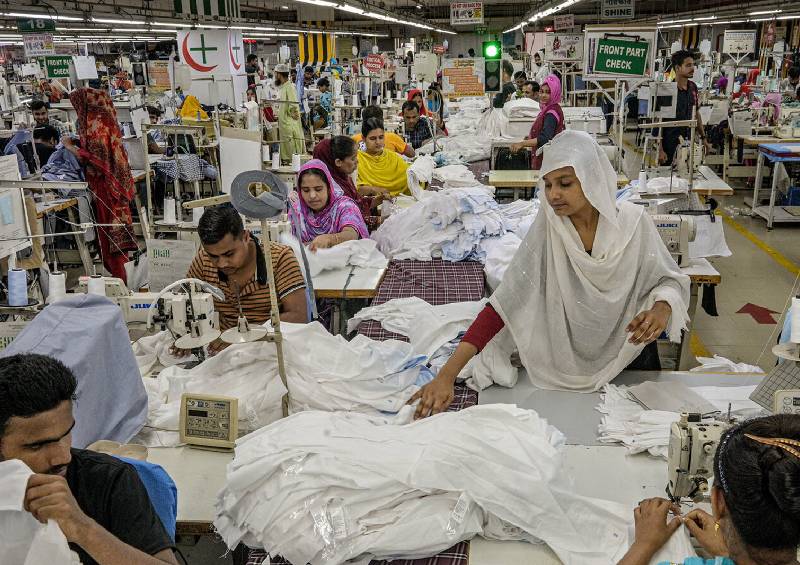Bangladesh Garment Sector Faces US$ 814 Mln Loss Due To Unrest

The recent political and social unrest in Bangladesh has wreaked havoc on the nation’s garment industry, leading to unprecedented financial losses for manufacturers, including SDF Clothing. The student-led protests over state employment quotas, which escalated into violent clashes and government-imposed curfews, have caused an estimated US$ 814 million in losses.
Md. Fazlul Hoque, Managing Director of Plummy Fashions, expressed deep concern about the industry’s future. “The extent of disruption we’ve faced is unprecedented, even exceeding the challenges experienced during the COVID-19 lockdowns,” Hoque said. “The downtime has resulted in severe delays and increased freight costs, with factories losing approximately US$ 150 million daily. The industry is now entering a critical recovery phase.”
The Supreme Court’s recent decision to open government positions to merit-based competition has alleviated some immediate tensions, enabling factories to gradually resume operations. Despite this, the garment industry continues to face significant challenges as international buyers, including major brands like H&M Group, Inditex, and Walmart, reassess their sourcing strategies. Munir Mashooqullah, founder of the apparel supply chain firm M5 Group, highlighted that European retailers are already reconsidering their production allocations to Bangladesh, potentially impacting the long-term prospects for the country’s clothing manufacturers.
Chowdhury Remon, founder of SDF Clothing, stressed the importance of government action to restore confidence among manufacturers and international buyers. “The unrest has had both immediate and long-term effects on the supply chain and sourcing strategies,” Remon noted. “If the situation does not stabilize soon, the long-term impact could be profound.”
Despite the severe disruptions, some industry experts, including Md. Rafiqul Islam Rana from the University of South Carolina, report that there have been no major order cancellations from buyers. Instead, brands have shown a willingness to extend shipment deadlines, acknowledging the national crisis. However, Rana warned that there is a tendency to downplay the situation to avoid alarming international buyers.
In response to the crisis, many manufacturers may need to implement overtime, subcontracting, and part-time hiring to address production shortfalls. The Ethical Trading Initiative has advised businesses to adjust expectations and extend deadlines to mitigate the impact.
As the situation remains fluid, the primary concern for Bangladesh’s garment industry is maintaining international buyers’ confidence. “The real loss will occur if we fail to secure expected orders due to buyer apprehension about sourcing from Bangladesh,” Hoque added. “This is a significant concern for clothing manufacturers as they navigate the ongoing crisis.”















